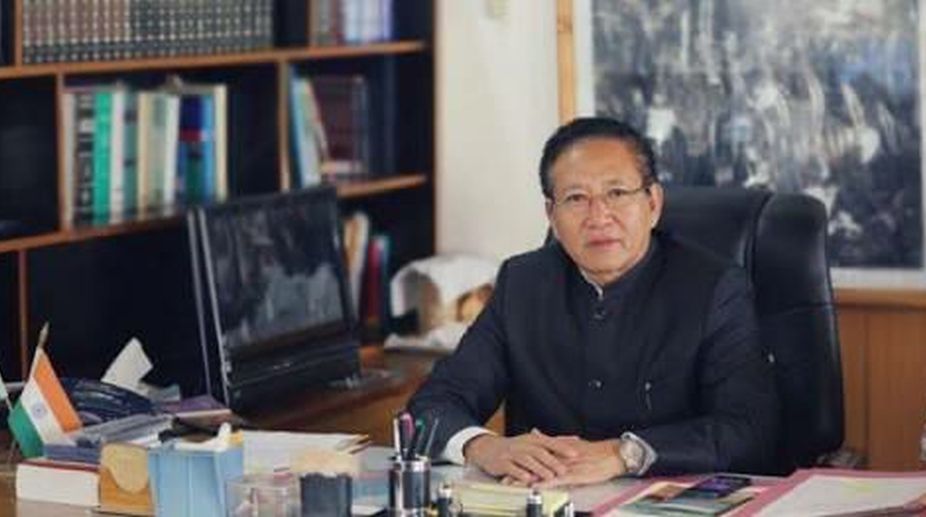If only Nagaland chief minister TR Zeliang had shown due regard for propriety by accepting the demand of several tribal organisations to postpone the election (on 1 February) to the local urban bodies, allowing 33 per cent reservation for women, he would have saved himself the ignominy of being asked to resign. But Zeliang says as long as he enjoys his loyalists’ support he will not quit.
Interestingly, Zeliang runs the country’s only opposition-free state, after the eight-member Congress opposition team merged with the ruling Naga People’s Front that is in power since 2003.
Advertisement
Given the eccentricities of Naga politics, and with the awkward position Zeliang finds himself in, it will not come as a surprise if he and his team join the BJP, a distinct possibility since it happened in Arunachal Pradesh last year.
What is going on in Nagaland, and for that matter in Manipur ~ now under an indefinite economic blockade of its two vital national highways since 1 November imposed by the pro-NSCN (M) United Naga Council in protest against chief minister Ibobi Singh’s decision to create seven new districts ~ are the manifestations of frustration over the delayed Naga peace talks.
The political aspects may have been tackled in the August 2015 Framework Naga Peace Accord but the main hindrance, the demand for unification of Naga-inhabited areas of Manipur, remains. It is worth recall in this respect what the NSCN(IM) leadership had said on this issue a month after the Nagaland ceasefire came into effect. On 31 August 1997, a national newspaper reported that the NSCN(IM) dismissed as “baseless” a reported statement that its leadership had demanded from the Indian government the need to “unify” Nagainhabited areas of Nagaland’s neighbouring states as a single administrative unit.
The paper also quoted them as having said in a joint statement that “the Meiteis and Nagas must know that the Indian government is not the final authority…the ultimate authority are the Meiteis and the Nagas themselves … for us the Meiteis and Nagas are the brothers and sisters of the same parents, beyond dispute…therefore, anyone who attempts to break this oneness is reactionary”. Well said, but all these good intentions disappeared after BJP Prime Minister AB Vajpayee accepted the Nagas’ “unique history”, all for the sake of winning votes in Nagaland. The Centre’s interlocutor RN Ravi is right to suggest that for lasting peace all stakeholders must unite. Being the dominant group the NSCN(IM) must treat all others on an equal footing.









